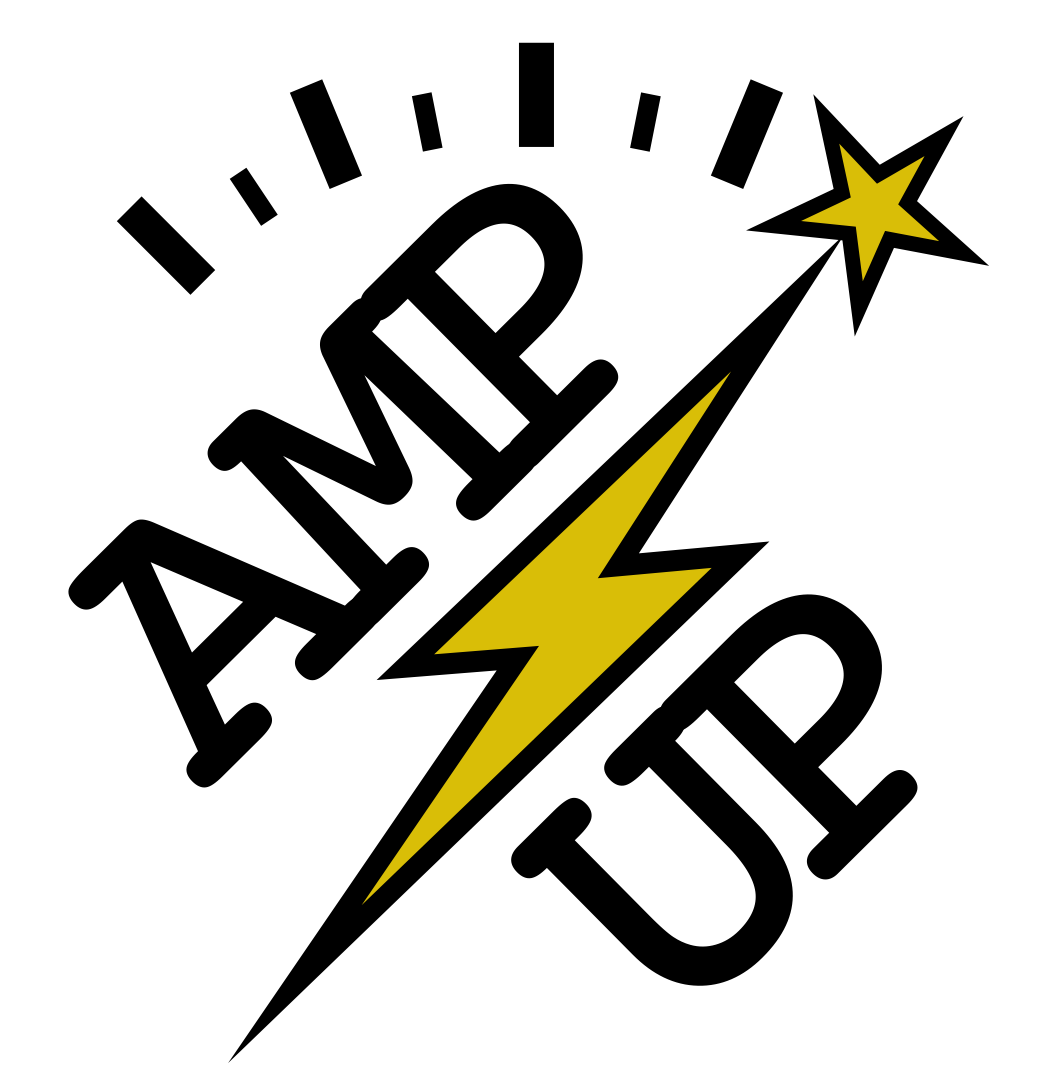
What We Do
AMP-UP Pair Mentorship Program Structure
 is a mentorship program in which current and previous prize postdoctoral fellows provide professional and academic advice and support to PhD students performing astronomy-related research. For additional resources, click here.
is a mentorship program in which current and previous prize postdoctoral fellows provide professional and academic advice and support to PhD students performing astronomy-related research. For additional resources, click here.
Student Application And Selection Process
We hope to accommodate as many students as possible. However, since the number of interested students may exceed the available mentorship capacity, we ask all interested students to fill out an application form, which will close June 15, 2025. If you are unable to access Google Forms, please e-mail us at amp.up.contact@gmail.com.
We welcome applications from Ph.D. students (including students from outside the U.S.) who are performing research relevant to astronomy and have completed any required coursework and preliminary/qualifying exams. Since most mentors will be located inside the U.S., students may need to be flexible in what time they are willing to meet in order to facilitate getting matched with a mentor.
We will match mentors and mentees based on their stated experiences, goals, and interests, as well as time-zone compatibility. We will separately contact mentors and mentees to confirm the matches.
Additional Resources
Examples of Successful NHFP applications
Talk Opportunities for Early Career Researchers
After you begin receiving offers, what do you do next? Click for Next Steps After Receiving Offers.
Program Structure
- The mentor/mentee commitment is expected to be 12 months long (from June 2024 to April 2025), with possibility for extension upon mutual agreement. During this time, the mentor and mentee are expected to meet at least once a month for an hour (or shorter but more frequently). These meetings are intended to be virtual; however, if circumstances allow and both participants are amenable, the mentor and mentee can meet in person. We recommend setting up a regular meeting time to establish a routine. Mentors and mentees are mutually responsible for maintaining a regular meeting schedule. If one of you needs to reschedule, please give the other person as much advance notice as possible. Please contact one of the organizers or e-mail us at nhfp.equity@gmail.com and/or amp.up.contact@gmail.com if your mentor/mentee becomes unresponsive. Outside of the monthly meetings, we also encourage asynchronous communication between mentors and mentees through e-mail or another medium of their choice.
- At the outset of the mentorship program, mentees will be asked to fill out a self-assessment describing their goals, the timeline, and how they plan to achieve them. The mentor and mentee should discuss this self-assessment at the first meeting and revisit it periodically throughout the year to track progress.
- Helping students navigate the academic job market is a core goal of this program. Therefore, mentors should be prepared to do the following, if requested by the mentee:
- Provide advice on reaching out to potential postdoctoral advisors, networking, putting together a professional website, CV, and job negotiations.
- Give detailed feedback on a job talk and at least one set of job application materials. Mentees are responsible for providing these materials sufficiently in advance (at least 10 business days before the deadline, or fewer if agreed upon in advance by the mentor).
- Otherwise, the scope of the mentor-mentee discussions is intended to be open-ended. Additional discussion topics may include (but are not limited to):
- how to start and sustain independent research programs
- time management and work-life balance
- how to design and give effective presentations
- shared scientific, technical, and outreach interests
- making the transition from graduate school to postdoctoral life (moving, meeting new people, forming new collaborations, etc)
- what it’s like to live and work in the U.S. compared to other countries
- addressing bias related to gender, race, health, sexual orientation, family status, national origin, faith
- how to find/obtain institutional resources (travel grants, short-term funding, etc)
- effective collaborating (data rights, authorship, etc.)
- All participants are expected to read and adhere to the AAS code of ethics. Mentors and mentees should treat the personal details of their conversations as confidential unless explicitly given permission to share with others or if they fall under the scope of mandatory reporting obligations. Misconduct should be reported immediately to one of the organizers. Serious violations will result in removal from the program. Depending on the nature and severity of the misconduct, we may also contact NHFP, the AAS Ethics Committee, and/or the home institutions of the mentor/mentee.
